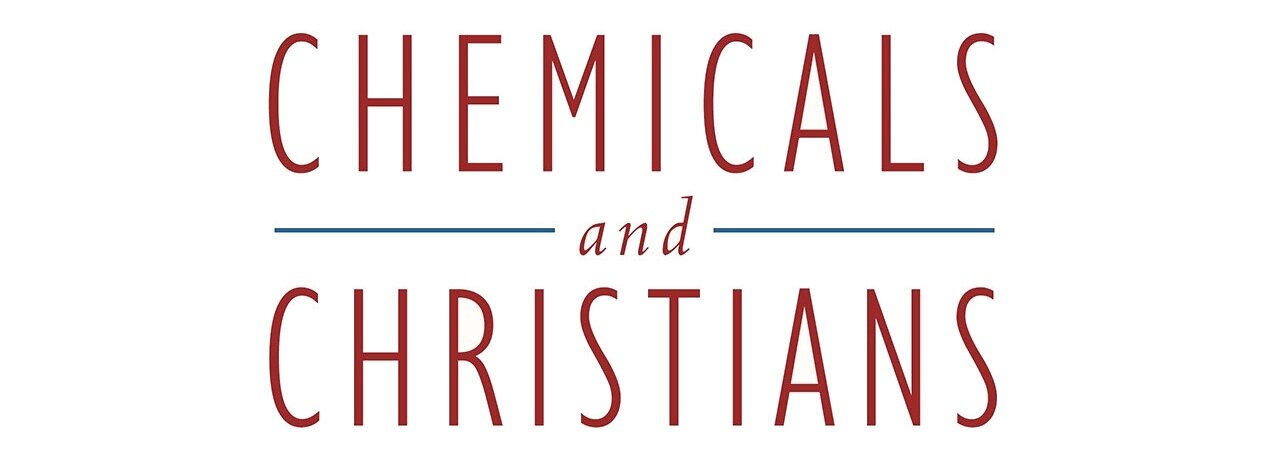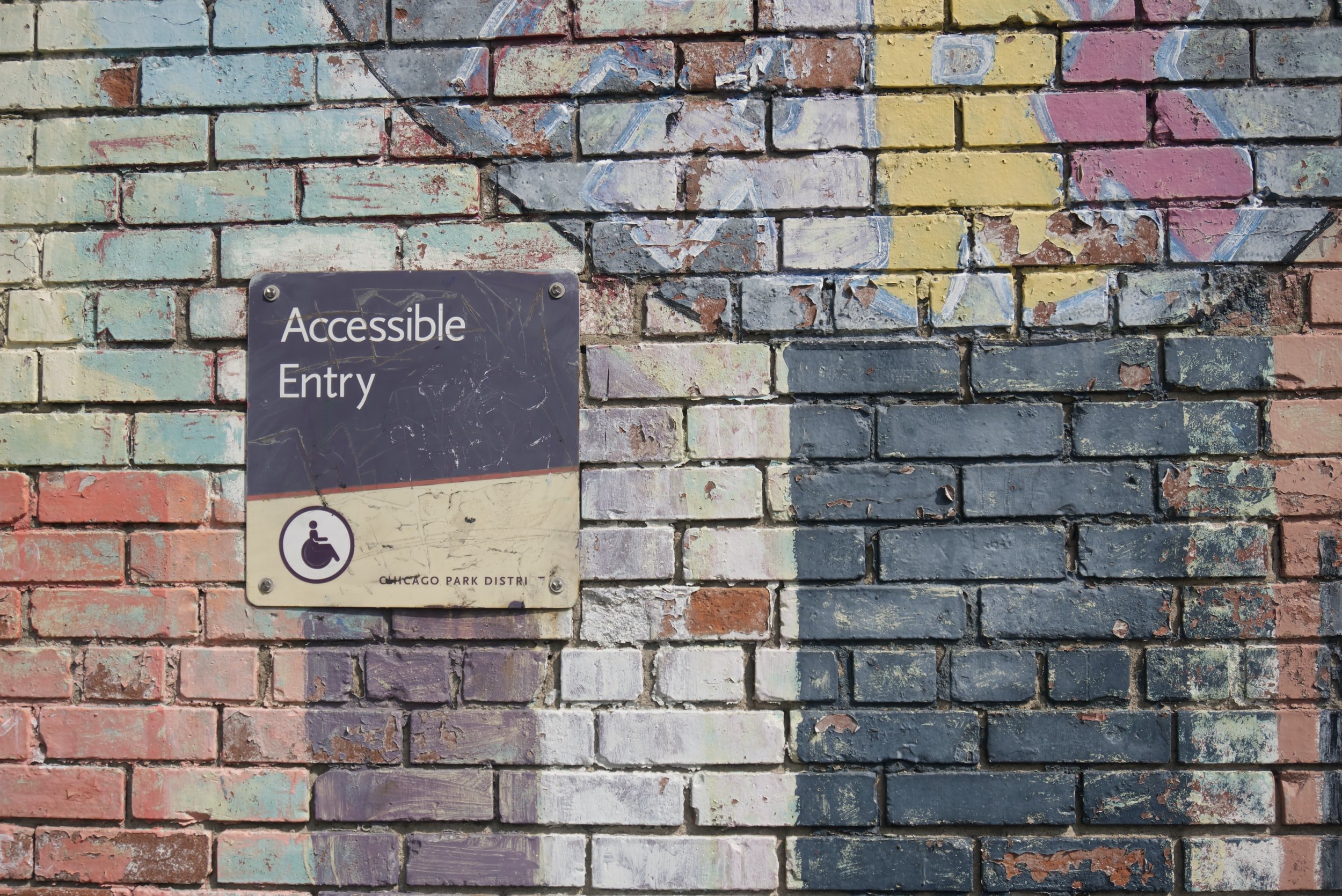My read-through-the-Bible-in-a-year plan puts me in the book of Job in September. Last year I wrote a post about a particular verse that struck me. Maybe I’ll make it an annual tradition. This year, I was struck by a couple of verses in Chapter Six. Most of the book of Job relates a series of frustrating and nonproductive conversations between the deeply suffering Job and his friends. Chapter Six is part of the conversation, and a few of Job’s comments prompted thoughts about why it is that we humans seem to so often say unhelpful things to each other.
There are a wide variety of ways that our careless remarks can make the suffering of others worse instead of better. Those of us with chronic illnesses are often frustrated when people accuse us of sin (either of being sick because of sin or of lacking faith to be healed) or make statements that imply that we aren’t very bright or don’t really want to get well. (“Have you seen a doctor?”) Often our pain is denied or minimized. People with chemical illness frequently hear “That can’t hurt you” or “I know someone else with your condition and he’s able to do a lot more than you can.”
Sometimes a statement that is absolutely true (“God is in control”) feels unhelpful when we have a fresh or still-tender wound and the remark isn’t paired with some expression of sympathy. Job touched on the problem in verse 26. Although he was referring to criticism rather than to pat responses, he said, “Do you think your words are convincing when you disregard my cry of desperation?” Pain begs to be acknowledged. A fairly neutral remark may also feel unhelpful if we’ve heard it so much that it feels like an attempt to avoid having a real conversation.
All of us fail to respond helpfully to the suffering of others sometimes. Why do we do that? Here are some of the many possible reasons:
Fear – Job mentioned fear in verse 21. He remarked to his friends, “You, too, have given no help. You have seen my calamity, and you are afraid.” What are we afraid of? A basic fear when we encounter the pain of another is that a similar thing could happen to us. Accepting that good people sometimes suffer and that there aren’t always quick and easy ways to escape means that we, too, might someday find ourselves in a painful situation with no obvious way out. Those are scary thoughts and sometimes the response to that fear is to deny the pain exists or conclude that the sufferers are doing something wrong. Surely, we wouldn’t find ourselves in their position, but if we did, we would fix it.
Another fear is that if we acknowledge the suffering as legitimate, we may feel responsible to help alleviate it in some way. That seems to be what Job was implying. After remarking that his friend was frightened by Job’s situation, Job asked, “But why? Have I ever asked you for a gift?”
Differences in theology – I absolutely believe that God can take the messes that humans make and the consequences of living in a fallen world and turn them into something beautiful and good. I believe God has a plan. I believe God is in control. I don’t believe, however, that those truths mean that God’s people won’t suffer on earth. There are people who believe the Bible teaches that true believers are exempt from pain. I personally don’t see how even a quick skimming of the Bible or a quick glance at the world can lead to that conclusion.
One of many, many scripture passages that address the point is the “roll call of faith” in Hebrews 11. The chapter gives a long list of people who were commended for their faith in God. Verses 32 through 38 tell us that some of these heroes overthrew kingdoms, shut the mouths of lions, quenched fire and received loved ones back from the dead. That would be a handy place to stop the narrative, but it continues. We learn that others were tortured, jeered at, imprisoned, oppressed, stoned, and sawed in two. We are told that “they placed their hope in a better life after the resurrection.” That’s the hope. That’s the ultimate plan. Maybe we’ll escape deep suffering on this earth and maybe we won’t.
Guilt – This can play a role in the minimizing of all kinds of suffering, but is often very obvious in the realm of chemical illness. If I suspect on some level, even though I try to deny it to myself, that my decisions or actions may have played a role in someone else’s pain, I can deal with that by telling myself that the other person isn’t really suffering the way they claim to be or that they shouldn’t be and could avoid it somehow.
Lack of empathy – Sometimes we’re just so focused on our own lives we fail to really see and empathize with the struggles of others. This is especially true of struggles that are very different from our own experiences. In verses 5 and 6, Job asked, “Don’t I have a right to complain? . . . Don’t people complain about unsalted food?” Maybe Job was thinking something like, “If I complained about unsalted food you would understand because you can relate, but because my suffering is so far beyond anything you’ve experienced, you want to brush it away and are uncomfortable with me even expressing it.”
I find the lack of empathy for people in situations we can’t imagine often shows itself when people in developed countries talk about the suffering of those in developing ones. People sometimes say things like, “They’re used to it” or “It’s not so bad because everyone there is in the same boat.” If friends or family members lose their jobs, we feel some of their pain because we relate to them and can imagine ourselves in their shoes. On the other hand, we can’t imagine living on two dollars a day in a village with no electricity or running water, so we tell ourselves it can’t really be as hard as it sounds. If people who are “like us” lose a second child, we realize, to some extent, the depth of grief they must be feeling. We don’t generally say, “Well, at least they’re used to it.” It’s hard for us to remember sometimes that people are people and suffering is suffering and that it’s no easier for others to go through painful situations than it would be for us to experience the same thing, even if it’s something beyond what we can really imagine.
Habit – I think sometimes we don’t give responses much thought, but simply answer out of habit. The response to “How are you?” is “I’m fine.” The response to “I’m suffering” is “God has a plan.” I recently corresponded with someone who told me that on one of the very worst days of her life, when her heart was broken into a million pieces, someone said, “I’m excited for you because I know God has a plan.” Excited? Really? That wasn’t the most helpful thing to say on that day. A simple “I’m sorry” is generally helpful. “My heart breaks for you” is helpful. “I’m excited for you” – not so much. Surely that was a response made from habit rather than from thought about how it might be received or whether it was likely to help the situation in any way.
My husband recently introduced me to a song called “Broken Praise” that’s based on the book of Job. The “if” statements in the lyrics don’t resolve to a “then,” which bugs me a bit, but otherwise I think it’s a wonderful song. It captures well some of the frustrations of having pain deepened by the responses of others. It’s worth taking time to listen to.
We all have times when we feel like Job and times when, unfortunately, we act like Job’s friends. I hope we can all learn to do better. If you’re in pain, I’ll try not to tell you I’m excited for you. I’d appreciate it if you’d do the same for me.







